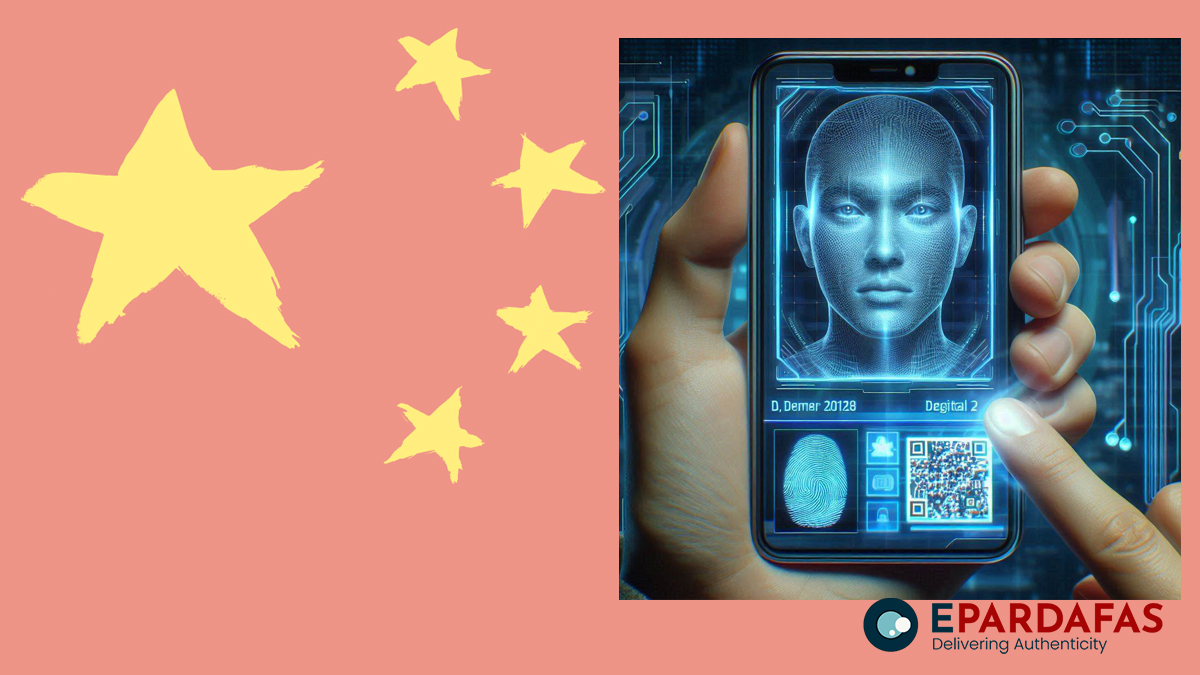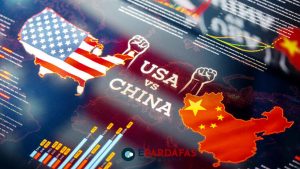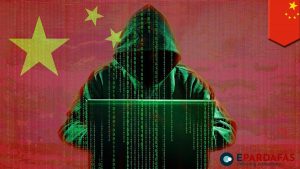
Rising Concerns Over China’s Proposed Cyber ID Plan

Concerns are mounting among China’s over 1 billion internet users regarding a government proposal that is being portrayed as a measure to protect personal information and combat fraud. Many fear the plan may actually facilitate increased government surveillance.
On July 26, China’s Ministry of Public Security and the Cyberspace Administration issued a draft of the “Measures for the Administration of National Network Identity Authentication Public Services.” This proposal would allow Chinese netizens to apply for virtual IDs on a voluntary basis, with the stated goal of reducing the excessive collection and retention of personal information by online platforms and protecting personal data.
While some users agree that companies currently have too much access to personal information, others are concerned that the cyber ID proposal will enable the government to more easily track their online activities and control what they can express online.
Beijing lawyer Wang Cailiang voiced his disapproval on Weibo, stating, “My opinion is short: I am not in favor of this. Please leave a little room for citizens’ privacy.” Similarly, Tsinghua University law professor Lao Dongyan likened the cyber IDs to “installing monitors to watch everyone’s online behavior” in a post that has since been removed.
Many other negative comments have also been deleted, with some only accessible on foreign social media platforms like X and Free Weibo, an anonymous search engine that captures and saves posts censored by China’s Sina Weibo or deleted by users. One Weibo user, “Liu Jiming,” criticized the government, saying, “The authorities solemnly announced [the proposal] and solicited public opinions while blocking people from expressing their opinions. This clumsy show of democracy is really shocking.”
Beijing employs a vast network of censors, known as the Great Firewall, to block and remove politically sensitive content. Since 2017, China has required internet service and content providers to verify users’ real names through national IDs, making it easier for authorities to trace online activities and posts.
Some internet experts note that netizens can make surveillance more difficult by using other people’s accounts, providers, IDs, and names on various platforms. However, critics worry that a single cyber ID would close these gaps in the Great Firewall. Zola, a network engineer and citizen journalist originally from China’s Hunan province, now naturalized in Taiwan, told, “The control of the cyber IDs is a superpower because you don’t only know a netizen’s actual name, but also the connection between the netizen and the cybersecurity ID.”
A Shanghai-based dissident, Mr. Li, who wished to remain anonymous, said that the level of surveillance by China’s internet police is already beyond imagination. He believes the new proposal is a way for authorities to intimidate netizens by making surveillance more overt.
There are fears that China could change the cyber ID system from a voluntary program to a mandatory requirement for online access. A Weibo user, “Fang Zhifu,” warned that if “the cyber ID is revoked, it will be like being sentenced to death in the cyber world.”
China’s Ministry of Public Security and Cyberspace Administration has stated that they are soliciting public opinion on the cyber ID plan until August 25.












Comments